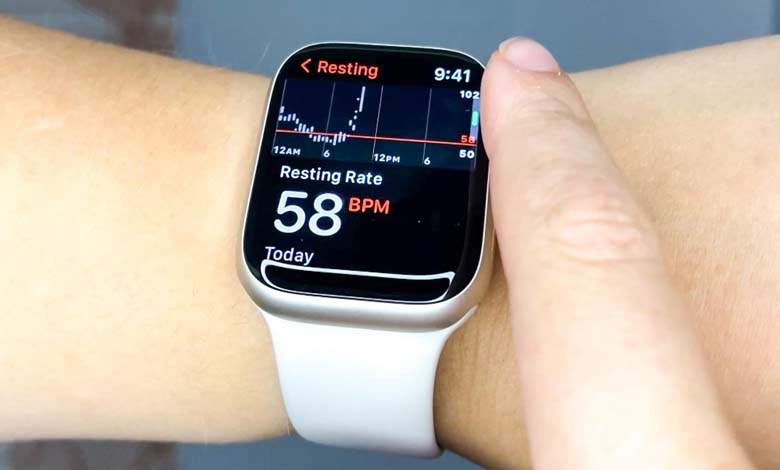Managing Chronic Diseases: Apple Watch Advances in Health Tasks

It is becoming increasingly clear that the future of the Apple Watch goes beyond merely being a substitute for mobile phones, as it also serves as a valuable tool for health indicators.
-
With the upcoming iPhone update, Apple is abandoning these devices
-
Apple give thanks for Android deserters
The Apple Watch Series 10 already boasts an impressive array of skills in this regard, adding more power to health data tracking.
Comprehensive Information
The Apple Watch currently measures heart rate, electrocardiogram, sleep, steps, and other vital signs.
New to the Series 10 is the ability to measure the likelihood of sleep apnea, a serious disorder affecting many people globally.
All this data is conveniently compiled in Apple‘s Health app, which has quickly become the go-to hub for personal health information.
Reports have indicated that Apple is working on introducing blood pressure monitoring and blood glucose readings in future versions of its watch.
However, it is important to note that Apple cannot legally market the watch as a medical device, as this would require regulatory approval from the FDA (Food and Drug Administration) and a prescription from your doctor.
As such, the Apple Watch is a convenient tool to oversee various aspects of daily activities but not a means to treat medical conditions.
Managing Chronic Diseases
People with Type 1 diabetes can connect a blood glucose sensor, a medical device approved by the FDA, directly to their Apple Watch.
This allows them to see their blood sugar levels in real-time, right on their wrist, and take appropriate action if the levels are too high or low.
This is highly important, making the Apple Watch one of the most valuable tools in managing chronic disease.
-
By 2028… Apple will be able to self-repair any screen scratches
-
After 10 years of work, “Apple” abandons its electric car manufacturing project
The blood pressure monitoring feature, once available, will be equally important for individuals dealing with high blood pressure or stress-related issues.
Similarly, the new sleep apnea monitoring feature enhances the watch’s significance by tracking breathing throughout the night and, after 30 days, providing an assessment of whether treatment might be needed.
Again, while the Apple Watch is not a medical device, it can analyze numbers and offer recommendations. If your numbers are high, it is advisable to see a doctor for proper testing.












